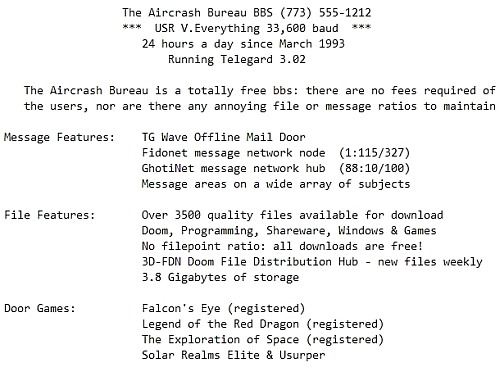Sometime late last Friday night, or rather early Saturday morning, someone went through my neighborhood slashing tires. Apparently they mostly focused on cars parked on the street, so my vehicles were not affected. I’m not certain of the final count, but a rough estimate from my doorstep puts the count to at least six cars, probably ten. I gather that someone also had sugar dumped in their car, though stories vary as to if it was in their gas tank or just their front seat. And at least one house is said to have had their phone lines cut, a la preparation for burglary.
One of the cops who responded suggested that it was likely either just kids being morons, or some sort of low level gang initiation (which falls under ‘kids being morons’ too). By and large this is a good neighborhood and town. Low crime, quiet, even boring. But we’re pretty close to Aurora and Joliet, both of which have significant crime problems. And no doubt even Plainfield has its share of delinquents who think randomly trashing private property is somehow fun. So, the cop’s explanation seems reasonable enough.
One thing that sort of struck me as odd, though…
On the Monday after the vandalism occurred, we had a guy (“I’m not a salesman!”) from a home security provider going door-to-door. He had a nice shirt with the name of the security company embroidered on it, and a metal clipboard – you know, the usual guise of someone who wants to look like an official representative. He seemed to know the whole story about the vandalism, and was asking each house if they had a security system, and if so what brand it was, and if they would be interested in becoming a ‘demo house’ for his company.
If I had Spidey senses, they might have tingled. I don’t, but I did find it in mildly bad taste that they would be using this situation as a sales opportunity. I told him we’ve got a system already, and no, I won’t divulge who with.
My wife and I talked about it later, and we wondered some things…
- How many homeowners blithely respond that “No, we don’t have a security system”?
- How many of those also indicated when their house would be unoccupied? “No, the appointment would have to be in the evening as I don’t get home before 5pm”.
- And how many of those said “Sure, come on in (read: have a look around, see if I have anything valuable)”?
- How would a home security system stop someone from slashing tires on the street?
- Who the heck buys a home security system from a door-to-door salesman, anyway?
To anyone of a cynical nature (me!), the circumstances & timing were just a tad suspicious.
